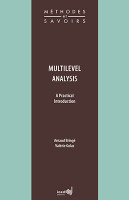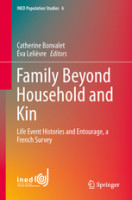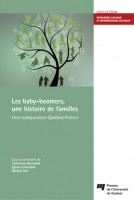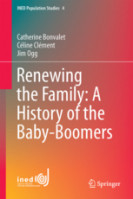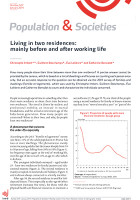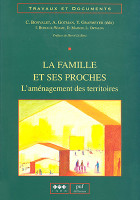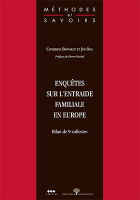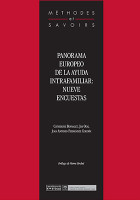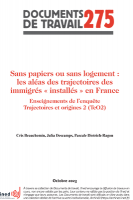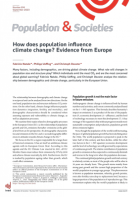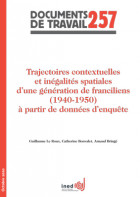
Trajectoires contextuelles et inégalités spatiales d’une génération de franciliens (1940-1950) à partir de données d’enquête
Collection : Documents de travail
n° 257, 2020, 43 pages
In large cities, urban disparities are partly reflected in an unequal spatial distribution of different social groups within the agglomeration, but above all in inequalities in the accessibility of places of residence to workplaces, services, shops, cultural facilities, etc. To study spatial segregation and inequalities in access to resources within the Ile-de-France region, we propose to follow, on the basis of a life-event history survey, the geographical and residential trajectories of generations of inhabitants of the region (1940-1950) with regard to the spatial distribution of different resources (jobs, transport, education). After tracing changes since 1960 in the social composition of municipalities, the distribution of jobs, of the supply of transport and of secondary schools in the Ile-de-France region, these are linked to the geographical trajectories of individuals according to their social category. The results show a strong association between social positions and residential locations relative to these resources throughout life, more or less
important depending on the age or type of resources studied. Key factors in the (re)production of spatial inequalities are highlighted, such as social and geographical origins.


